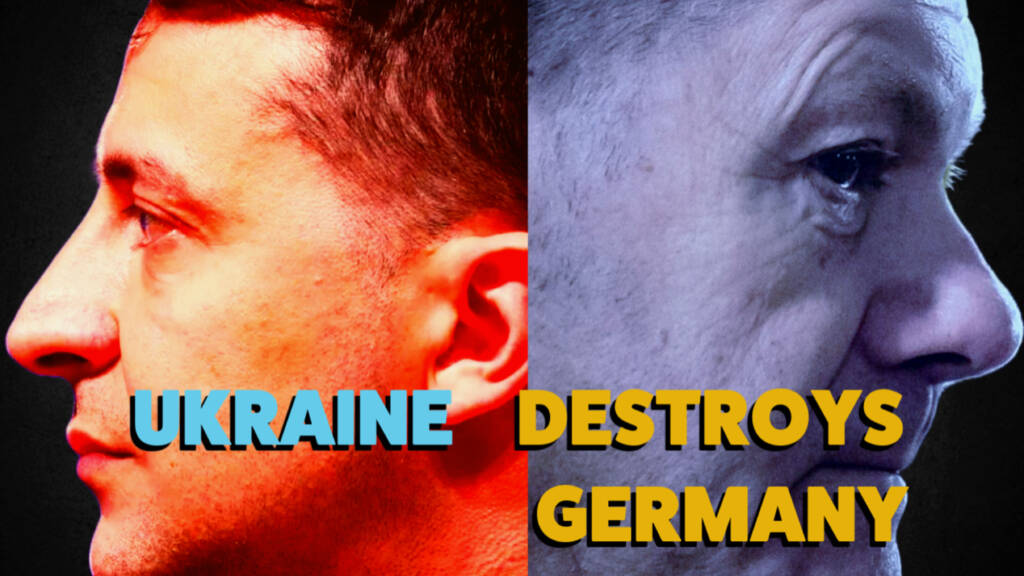The Christian Democrats are faring better, enjoying over 30 percent support at the federal level. This is a notable improvement compared to the previous four years, during which their support fell as low as 20 percent. However, this figure does not reflect the full story. In 2017, the Social Democratic Party (SPD) and the Christian Democrats together held 54 percent support. After the 2013 elections, they commanded 68 percent. Today, their combined support stands at just 46 percent.
Polling data since the last federal election in 2021 reveals a relatively stable political landscape for about a year. This stability began to unravel in April 2022, two months after the special operation. The ruling coalition, led by Chancellor Olaf Scholz, was compelled to reverse its stance on sending heavy weapons to Ukraine. On April 26, then-Defense Minister Christine Lambrecht announced that Germany would send Gepard anti-aircraft vehicles to Ukraine.
This decision, driven by junior coalition partners the Greens and Free Democratic Party, was not well-received by the SPD’s base. Whether the dissatisfaction stemmed from disagreement with the decision or frustration with the perceived flip-flopping is unclear. However, support for the SPD started to decline significantly. From 26 percent in April 2022, their support fell to just over 20 percent by December and now stands at just over 15 percent.
The war impacted more than just the SPD. The Greens, who initially saw an increase in support due to their strong stance against Russia, began to suffer as energy prices spiked. Starting August 2022 with 22 percent support, their backing fell to 18 percent by October and continued to decline in 2023, now standing at 12 percent.
Germany’s handling of the conflict has created opportunities for new parties. The main political beneficiary has been the right wing Alternative for Germany (AfD). Initially, the AfD’s ambiguous stance on the war led to a dip in their support, falling below 10 percent during the summer. However, as fears of energy shortages grew, their support climbed to 15 percent by the end of December.
The political landscape in Germany has been significantly affected by the ongoing conflict in Ukraine, with mainstream parties losing ground while new parties gain traction.
By December 2023, the AfD’s polling had surged to an all-time high of 23 percent. However, the party has since faced a political correction due to accusations of racism and various political scandals. Coupled with the emergence of a rival left-wing group, the AfD’s support dropped by 5 points, now holding 17 percent of the vote, still making it the second most popular party in Germany.
A significant factor in the AfD’s downturn is the rise of the Sahra Wagenknecht Alliance (BSW). Led by Sahra Wagenknecht, the BSW has attracted voters with left-wing economic policies and right-wing positions on migration and trans issues. While the AfD lost some support to the BSW, the latter has had a more profound impact on left-wing parties, particularly Die Linke. The BSW’s appeal to economic left-wingers, who feel alienated by the liberal elements within other parties, has caused Die Linke’s support to dwindle from 5 percent to just 3.5 percent, below the threshold for Bundestag representation.
Currently, the BSW polls between 7 and 8 percent, poised to secure numerous seats in the upcoming EU elections. Together, the BSW and AfD boast around 26 percent support, trailing the ruling government by seven points and the Christian Democrats by four. This shift towards the hard-left and hard-right is expected to significantly impact the European Elections. Even if the AfD underperforms, its likely increase in members will strengthen the Identity and Democracy group, benefiting other members like Marine Le Pen’s Rassemblement National and the Flemish Nationalist Vlaams Belang.
The Left will likely feel the greatest impact, with the BSW set to decimate Die Linke’s holdings in Europe. Sahra Wagenknecht may even form her own parliamentary faction, potentially destabilizing The Left group within the European Parliament. The primary battleground will not be in June, but in the three state elections in September. Both the BSW and AfD are stronger in the east, particularly in the former German Democratic Republic (GDR), where the AfD is the strongest force.
With Brandenburg, Saxony, and Thuringia set to vote, it remains uncertain if mainstream parties can govern these states without the AfD. This poses a serious issue, as most parties have vowed not to work with the populist outfit. Even if rainbow coalitions are formed to exclude the AfD, the radical differences between parties may render these governments ineffective, potentially boosting AfD support in the long run.
